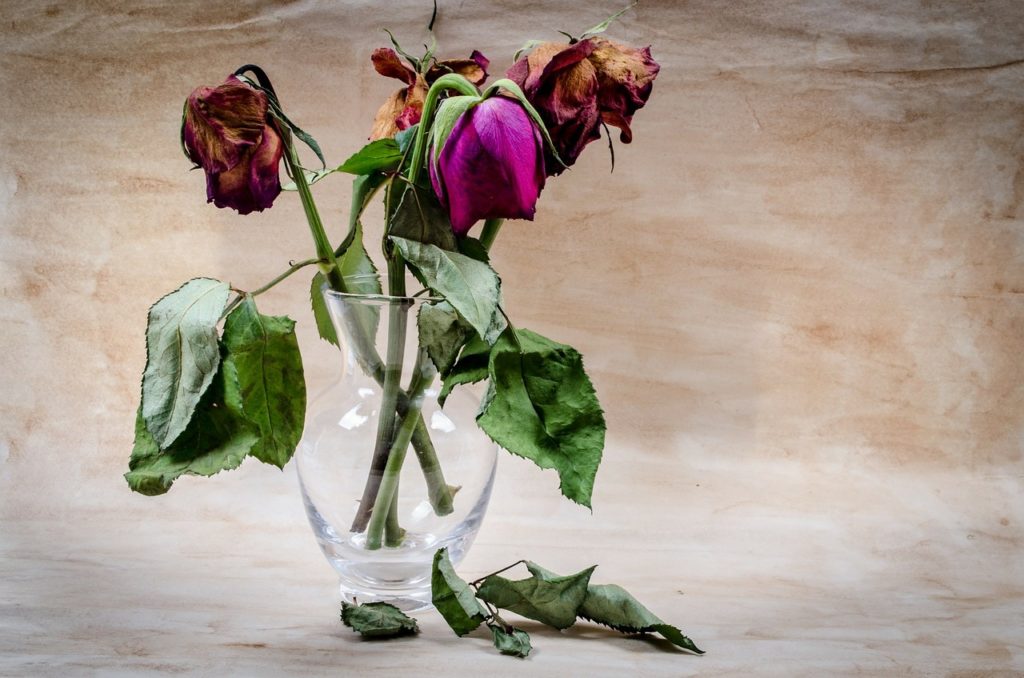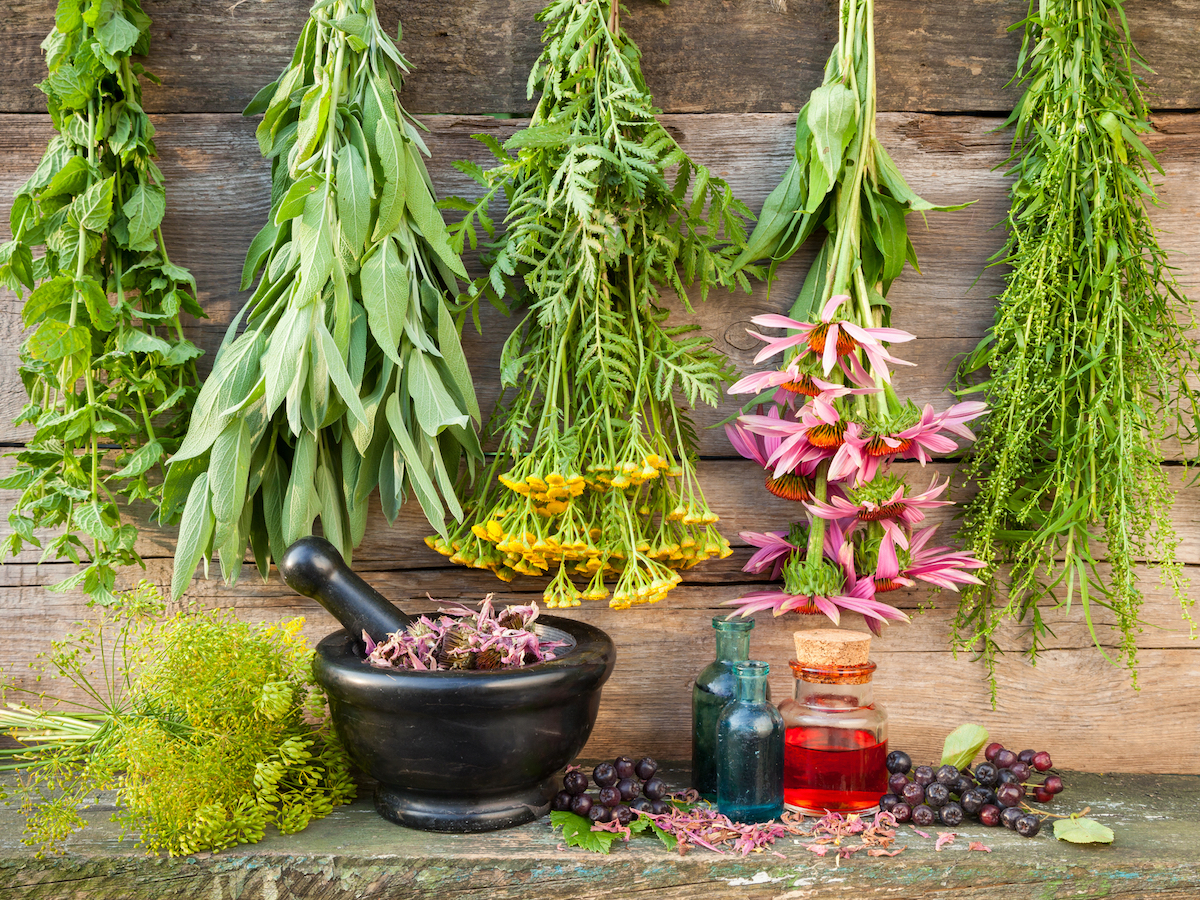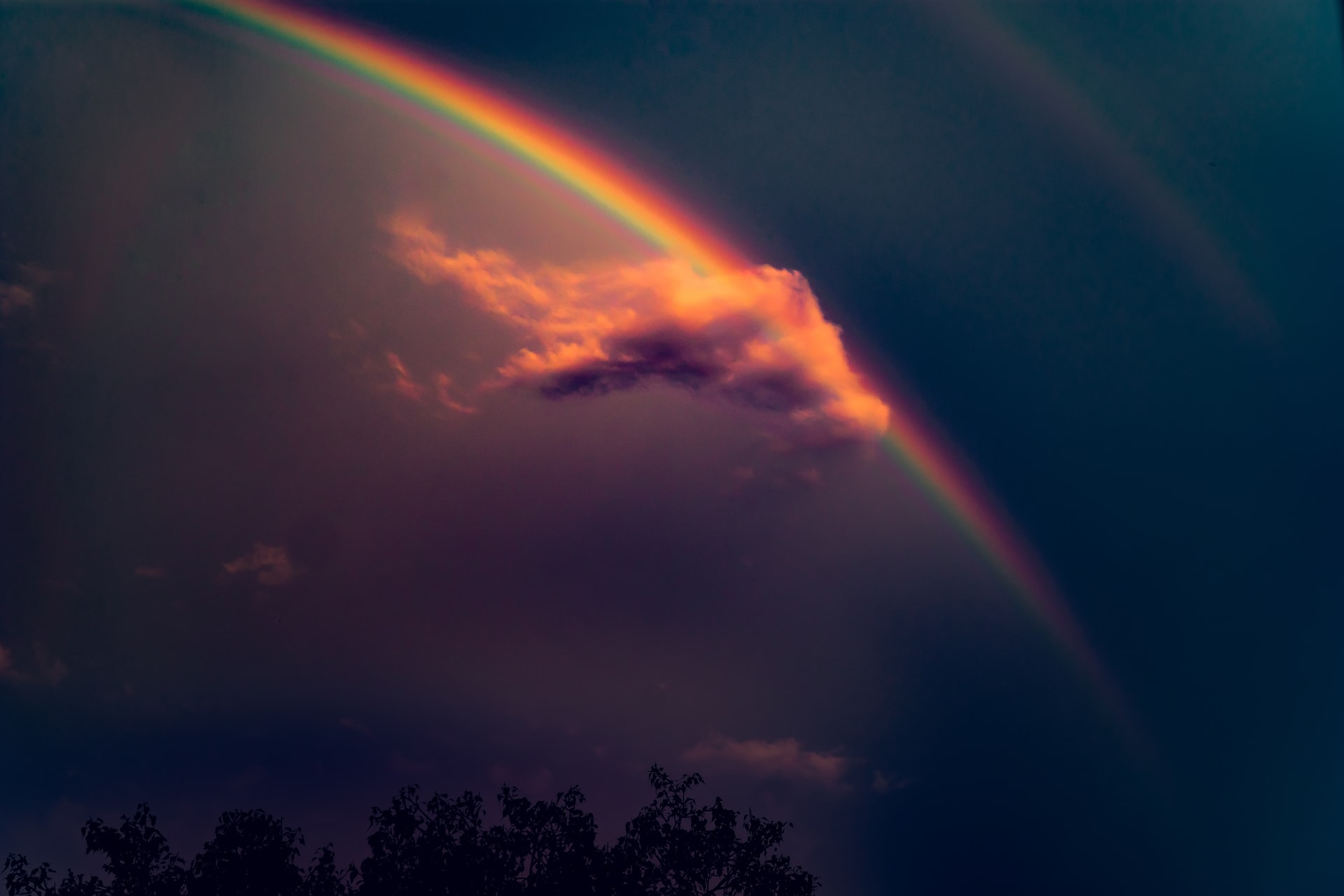As anyone who has ever known the madness of intense grief can attest, grief has no manners. Everything about it goes against the dictates of modern culture. Messy, dark, sneaky, teeming with unknowns. Couldn’t care less about productivity and schedules. No wonder we see grief as a godawful intruder. But what if we acknowledged grief as a guest who belongs at our table just as much as our more photogenic experiences? Much of our collective discomfort around grief is a result of our culture-programmed aversion to difficult emotions.
Covid has unleashed a collective near-death experience on a culture that validates and even encourages the denial of grief, pain and suffering. Well, what could possibly go wrong?
One thing 2020 has made explicit is that we need to normalize sharing our grief and other messy emotions. Sharing lightens the load, as is borne out by our experiences and the etymology too. “Grief” comes from the Latin gravāre, meaning “to burden,” and gravis meaning “heavy.” Sharing with a good listener doesn’t eradicate the pain, but it does take a lot of the torment out of the tunnel.
In our hyper-individualist society, universal experiences are pathologized as personal ‘issues’. A universal human response to loss – such as grief – is seen as a personal ‘problem’ to be ‘fixed’. Acknowledging the social and cultural context of grief is necessary now more than ever. It opens us up to the realization that healing is a community’s responsibility, not solely an individual’s burden. In my trysts with grief, I’ve felt the isolation, lack of empathy/support add an extra layer of hell to the heaviness of grief. And sharing with the right people has been a much needed balm.

A life with minimal/zero messy emotions is the goal – if society’s misguided programming is anything to go by. Considering that grief knows every single one of our addresses and hideouts, a useful reframe would be to see grief as a part of life and not a thief of life. And grieving as a part of our healing and wholeness. The more we open to feeling, the more we open to healing and living from our wholeness.
What Our Culture Teaches Us About Grief
If I had to sum up the cultural messages I’ve received around grief, it would go: “Stop whining. Push through, like everyone else. Get over it already. Have you been productive today?”
Pushing through, we often impale ourselves on each other’s unacknowledged pain.
“Getting over” anything is often a spiritual bypass guised as toughness.
And when productivity is our only yardstick, we reduce ourselves to machines and throw away the endlessly layered emotional landscape that is our birthright.
Modern culture makes a virtue of clinging to one end of the spectrum, insisting we “stay positive always” with “good vibes only”, always “look at the bright side”. Instead of cultivating an emotional maturity that can be present to all kinds of emotions and embrace the full range of our humanity. Our cultural grief-aversion has us switching the channel the moment things get uncomfortable. As if joy and grief, love and rage, light and dark are not equally valid parts of the same spectrum. As if pain, sorrow, grief, anger and other less photogenic emotions aren’t valid responses to life. Having judged these emotions as bad, we banish them into the attics of the psyche, instead of letting them have their day in the sun.
Belonging to Ourselves
Like many people, I’ve had a novel’s worth of run-ins with grief, trauma, rage, shock and all their unwieldy cousins. What I’ve learned is that if we are to belong to ourselves, we need to embrace all parts of ourselves. And that our capacity for joy is commensurate to our capacity for grief.
The avoidance and repressing/rejecting of our feelings takes up enormous energy. It may well be some terrifying, devour-you-whole type of feeling but it’s the one standing in line to be felt. And honored with full presence.
The Cost of Unspent Grief
Unacknowledged grief gets stored in the psyche and the body, manifesting in unforeseen ways. I once heard someone put it dramatically enough: “If you don’t acknowledge your demons, they go to the basement and lift weights.” Not to demonize the messy emotions, but you get the drift. The unseen, unloved, wounded parts of us are what we call demons, but they wouldn’t be ‘demonic’ if they were embraced instead of exiled.
Not allowing ourselves the full range of our emotions, we go through our half-lives never really meeting our own fullness, spending entire lifetimes as strangers to large swathes of ourselves. Like an ocean clueless of her own depth, living in silent fear of what might be lurking in the depths she dare not explore.
We pay a steep price for the grief we skip. Unspent grief ambushes us, one day or another, in ways our honorable, compulsively cheerful “love-n-light” self finds mortifying as all hell.
Why We Often Do Not Acknowledge Grief
The scarcity of deep emotional bonds and judgement-free spaces has a lot to do with our cultural aversion to grief. Emotionally disabled, trauma-indifferent societies do not provide any semblance of a safe space for anyone to wade into their grief. If I allow myself to break down, drop my guard and let long-stifled waves of grief wash over me, who’s going to pay my bills, make dinner, and keep my life together? Will I even make it to the other side of the tunnel? When connection, empathy and real relationship are scarce, these are valid questions standing in the way of us acknowledging what we feel. Perhaps we’ve been social-distancing long before Covid had us physically distancing?
Emotional detachment and toxic positivity have been sold as moral virtues for centuries. Way too many spiritual teachers and “gurus” have been leading people away from their humanness instead of toward it. Having difficult emotions is judged as a character flaw, a sign of not being “enlightened” yet. When in fact, our sensitivity is a sign of strength and humanness.

Self-Compassion While Feeling Your Feelings
Self-awareness without compassion is often a knife turned against oneself. Wading into grief warrants every last shred of self-compassion and honoring ourselves for finding the strength to feel everything there is to feel.
Operating on the patriarchy’s warped idea of strength, vulnerability and sensitivity are seen as weakness. Aggression and dominance – the coins of the realm – are equated with strength. Upon a closer look, what could possibly be weaker than the need to aggress and dominate? What could possibly be stronger than a conscious, deliberate gentleness and vulnerability in a world teeming with aggression? As someone said, nothing is so strong as gentleness and nothing is so gentle as true strength. For me, grief has been a lesson in the enormous strength of vulnerability, gentleness and compassion.
How to Grieve
To me, movement has been a way to express everything outrageous and sublime about emotion. Writing is another. Screaming into pillows comes a close third. Spiritual practices and rituals can help process intense emotions, as can anything that gives one a sense of aliveness and connection. These aren’t meant to be a silver bullet against grief but to ease the torment and stagnation.
To listen to and honor grief is a gift and a shared responsibility. Being compassionate listeners to ourselves is a good place to start.
I’ll leave you with this quote from Ursula Le Guin from The Dispossessed:
“If you evade suffering you also evade the chance of joy. Pleasure you may get, or pleasures, but you will not be fulfilled. You will not know what it is to come home.”
May we all ease each other’s journey home.







